Nicotine pouches have emerged as a popular alternative to traditional smoking and vaping methods, offering a smokeless, tobacco-free way to consume nicotine. However, their legal status varies significantly across different countries, including Australia. This article explores the legal landscape surrounding nicotine pouches in Australia, addressing regulations, health considerations, and the implications for consumers and businesses.
Overview of Nicotine Pouches
Nicotine pouches are small, pre-portioned packets that contain nicotine along with flavourings, sweeteners, and plant-based fibres. Unlike traditional tobacco products, they do not contain any tobacco leaf, making them a cleaner and potentially safer option for nicotine consumption. Users place these pouches between their gum and lip, allowing nicotine to be absorbed through the mucous membranes in the mouth.
Regulatory Framework in Australia
In Australia, the regulatory framework for nicotine pouches is stringent. The Therapeutic Goods Administration (TGA) classifies nicotine as a Schedule 4 substance under the Poisons Standard, meaning it is a prescription-only medicine. This classification extends to nicotine pouches, which can only be legally accessed with a valid prescription from a medical professional.
Prescription Requirements:
Individuals seeking to use nicotine pouches legally in Australia must obtain a prescription from a licensed healthcare provider. This prescription must specify the use of nicotine pouches as a therapeutic aid, often for smoking cessation. Once obtained, the prescription allows the individual to purchase nicotine pouches from a pharmacy or import them from overseas suppliers like Pouches Australia.
Import Regulations:
Importing nicotine pouches into Australia is also tightly regulated. The Australian Border Force (ABF) enforces strict controls on the importation of nicotine products, requiring that any nicotine-containing products, including pouches, be accompanied by a prescription. Importers must declare the products and provide documentation to prove they have a valid prescription. Failure to comply with these regulations can result in the seizure of goods and potential legal penalties.
Sales and Distribution:
The sale of nicotine pouches without a prescription is prohibited in Australia. Retailers and online sellers are not allowed to market or sell these products directly to consumers without verifying a prescription. This restriction aims to control the distribution of nicotine products and mitigate the risks associated with unsupervised nicotine consumption.
Health and Safety Considerations
While nicotine pouches are marketed as a safer alternative to smoking, they are not without health risks. Nicotine is an addictive substance, and its use can lead to dependence and various health issues, including cardiovascular problems and oral health concerns. However, when used correctly and under medical supervision, nicotine pouches can serve as an effective smoking cessation tool, helping individuals reduce their reliance on combustible tobacco products.
Legal Implications for Businesses and Consumers
Compliance for Businesses:
Businesses involved in the importation, distribution, or sale of nicotine pouches must adhere to the regulatory requirements set forth by the TGA and ABF. This includes ensuring that all products are sold with a valid prescription and complying with import documentation requirements. Failure to comply can result in legal action, fines, and damage to the business's reputation.
Consumer Awareness:
Consumers need to be aware of the legal requirements surrounding nicotine pouches in Australia. This includes understanding the necessity of a prescription and the risks of purchasing products from unregulated sources. Consumers should seek medical advice before using nicotine pouches and ensure they obtain products through legal and safe channels.
Conclusion
The legal status of nicotine pouches in Australia is defined by stringent regulations aimed at controlling the distribution and use of nicotine products. While these pouches offer a potentially safer alternative to smoking, their use is subject to medical supervision and legal oversight. Consumers and businesses must navigate these regulations carefully to ensure compliance and safeguard health.
References
Australian Border Force. Importing tobacco and nicotine products. Retrieved from https://www.abf.gov.au/importing-exporting-and-manufacturing/prohibited-goods/categories/tobacco
Product Safety Australia. Smokeless tobacco products. Retrieved from https://www.productsafety.gov.au/products/health-lifestyle/personal/tobacco-related-products/smokeless-tobacco-products
Therapeutic Goods Administration. Nicotine pouches. Retrieved from https://www.tga.gov.au/products/unapproved-therapeutic-goods/vaping-hub/nicotine-pouches
University of Sydney. (2024, February 27). Nicotine pouches are being marketed to young people - but are they safe? Retrieved from https://www.sydney.edu.au/news-opinion/news/2024/02/27/nicotine-pouches-are-being-marketed-to-young-people-but-are-they.html
ABC News. (2024, February 27). Nicotine pouches banned from sale in Australia. Retrieved from https://www.abc.net.au/news/2024-02-27/nicotine-pouches-banned-from-sale-in-australia/103428520








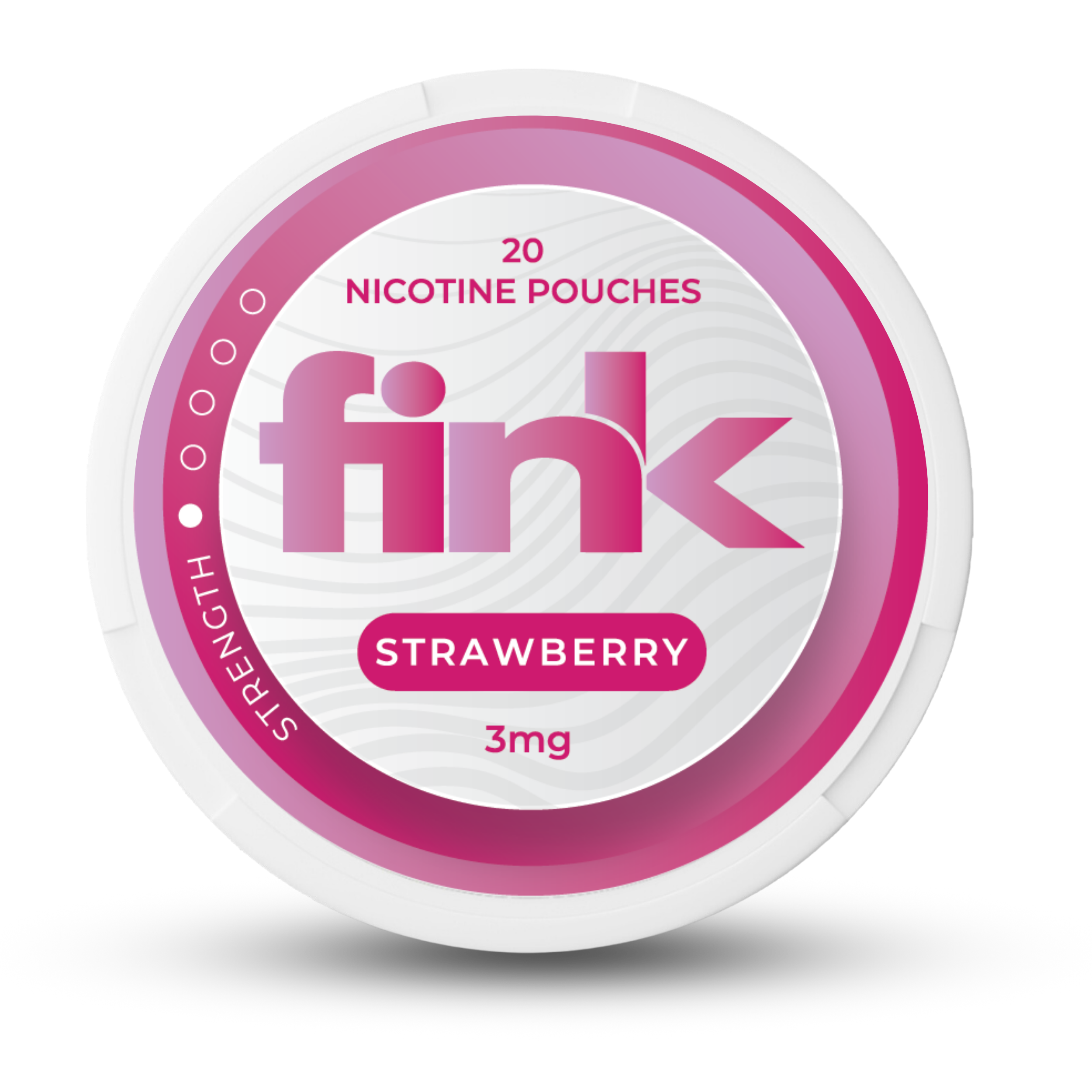

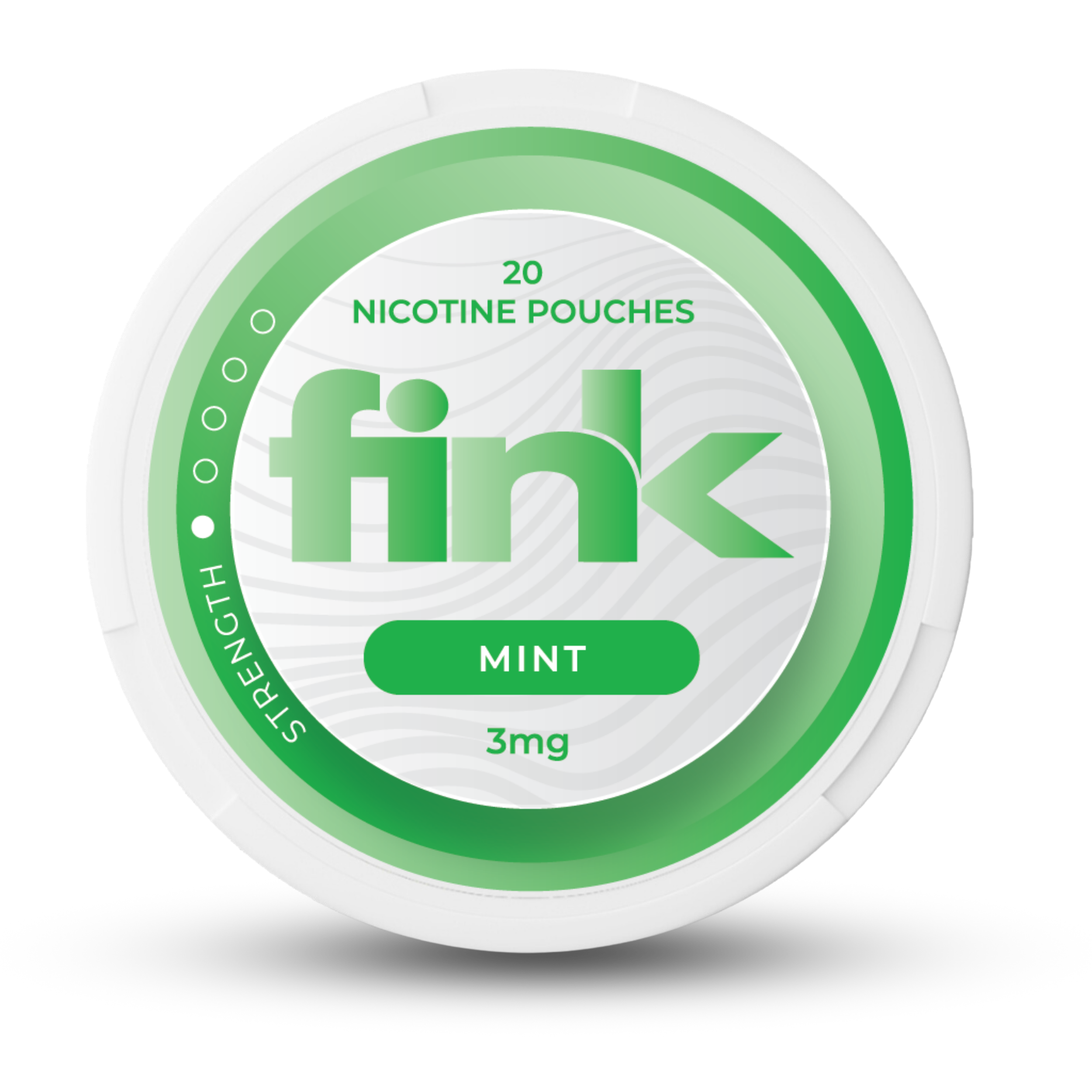

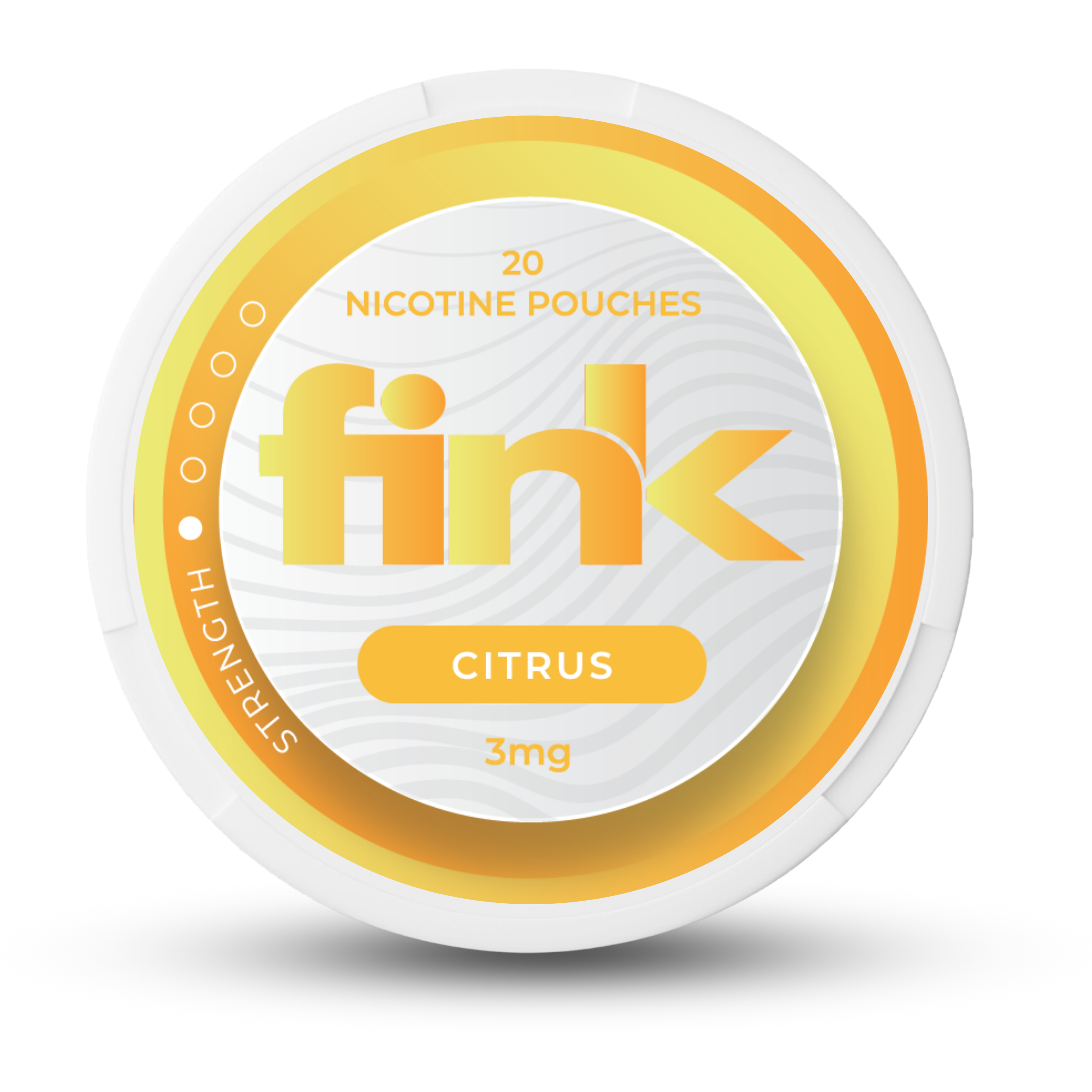

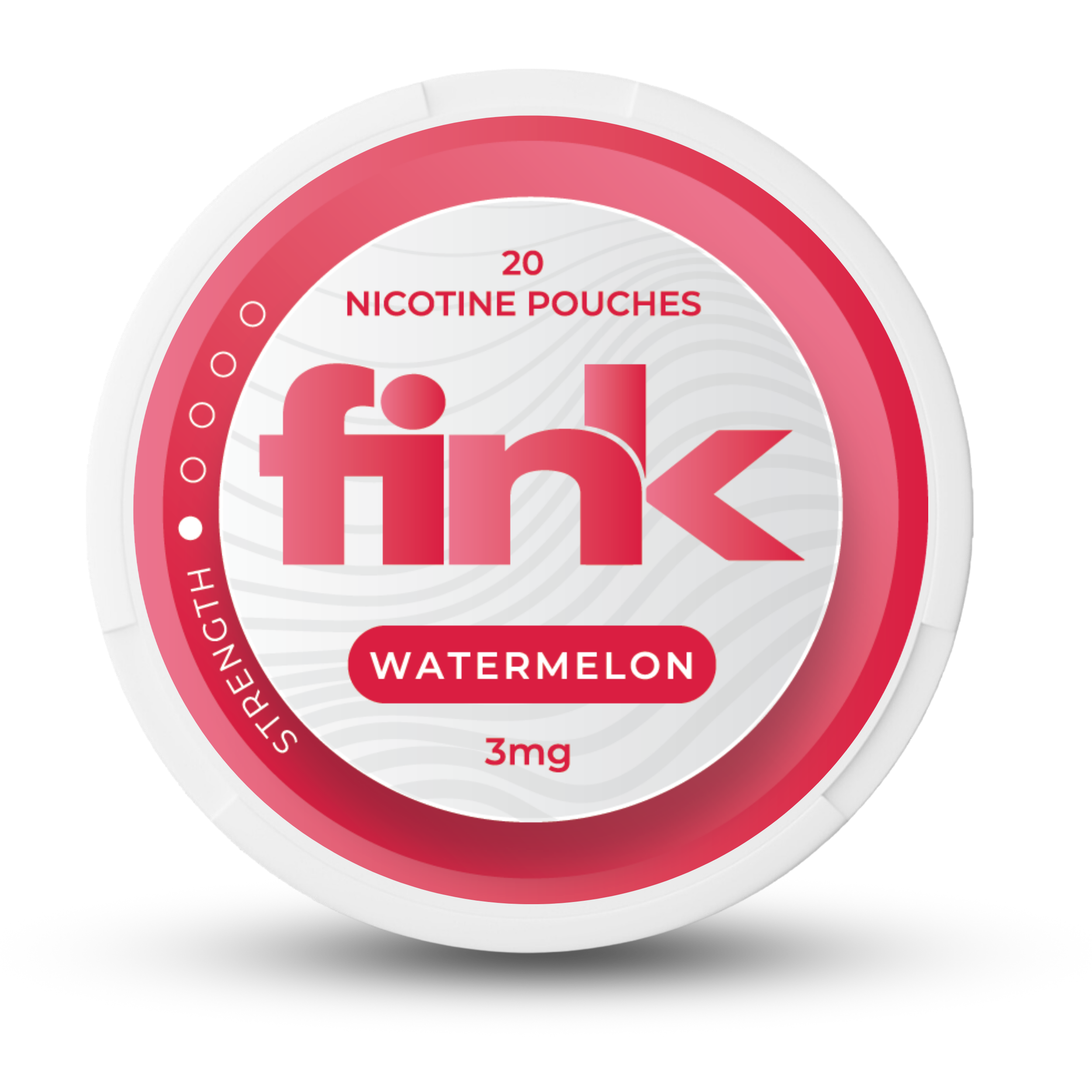

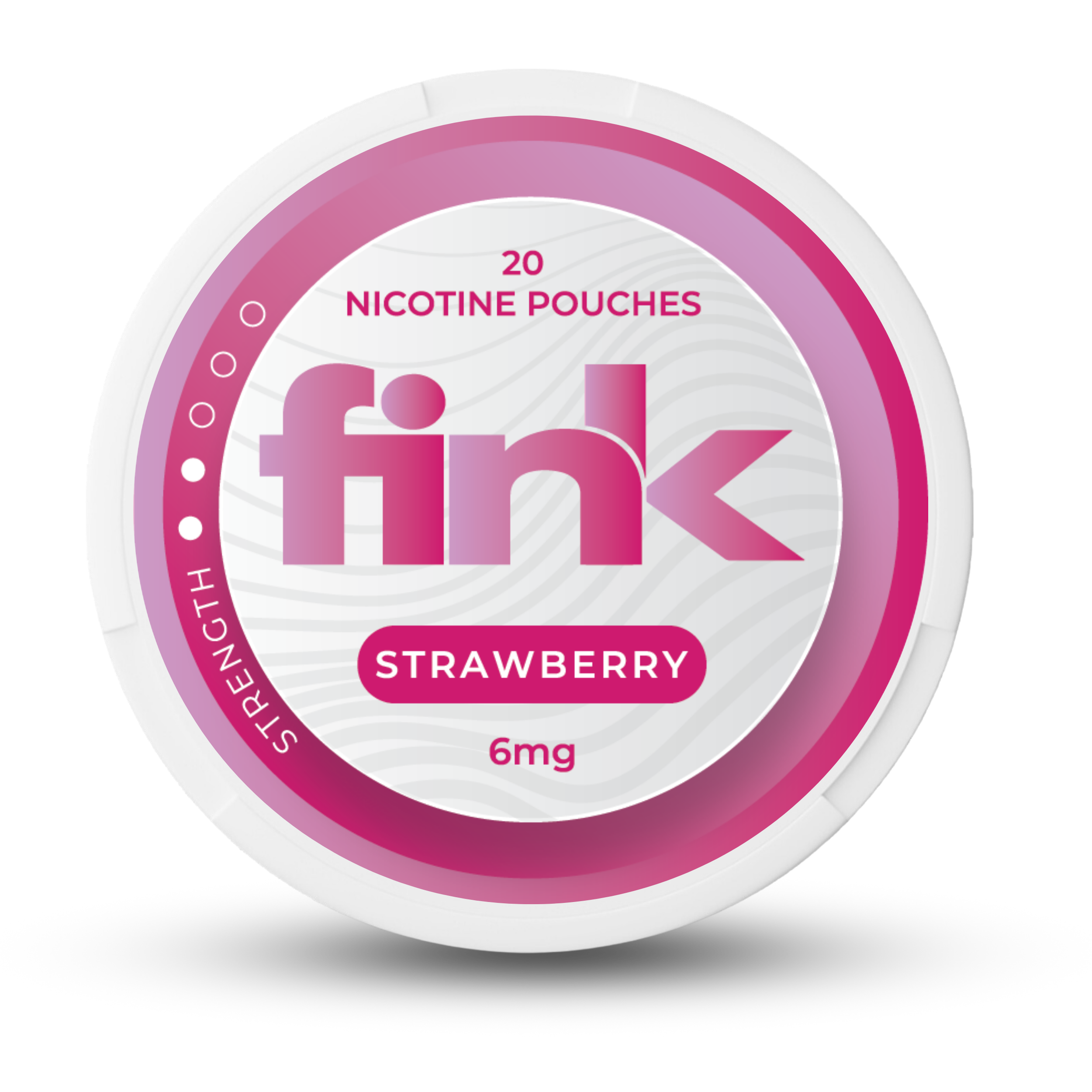

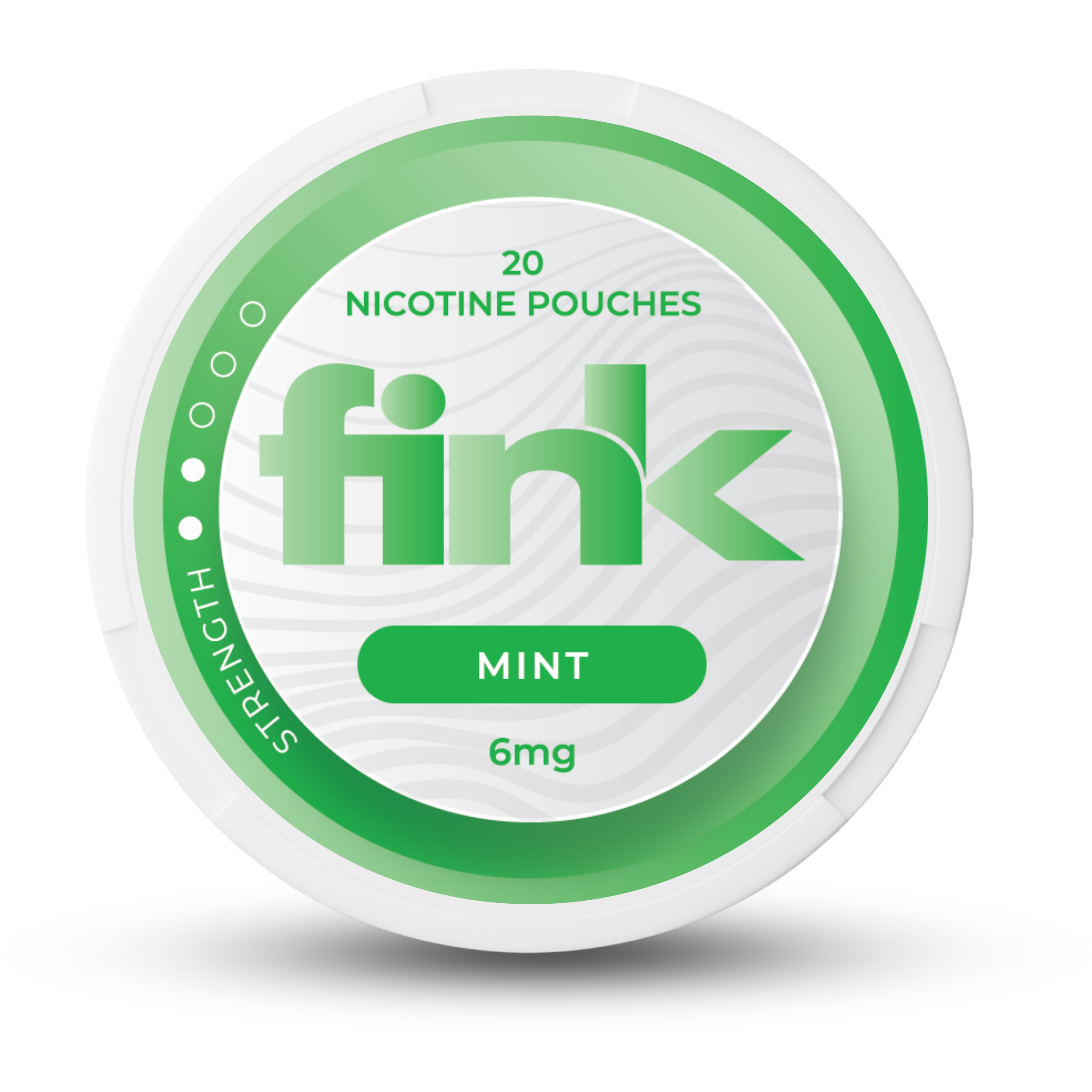

Share:
How Do Nicotine Pouches Work?
Nicotine Pouches vs. Vaping: Understanding the Impact and Benefits